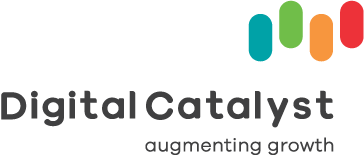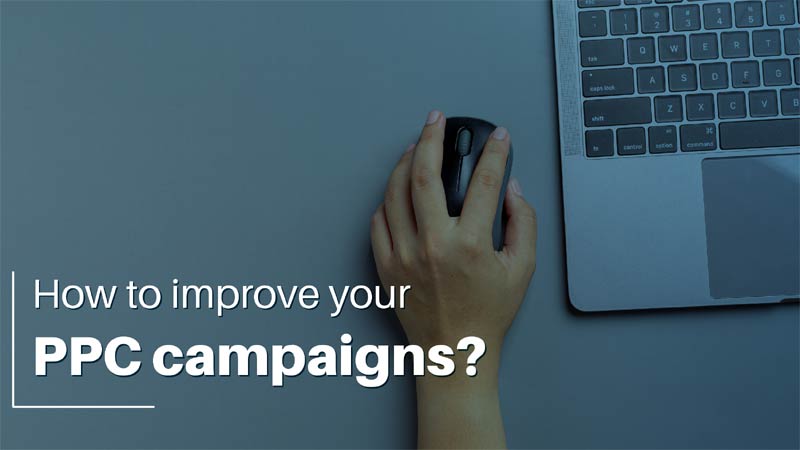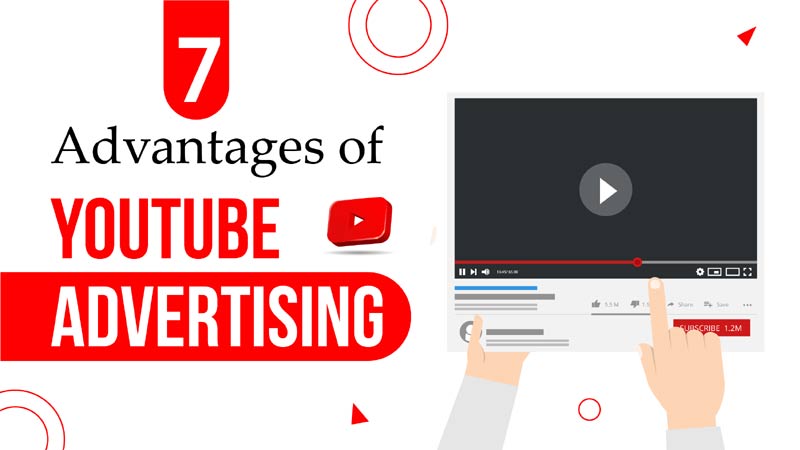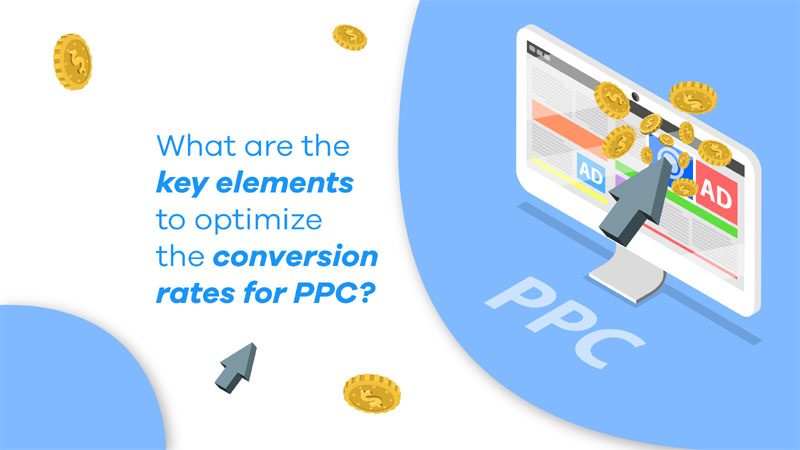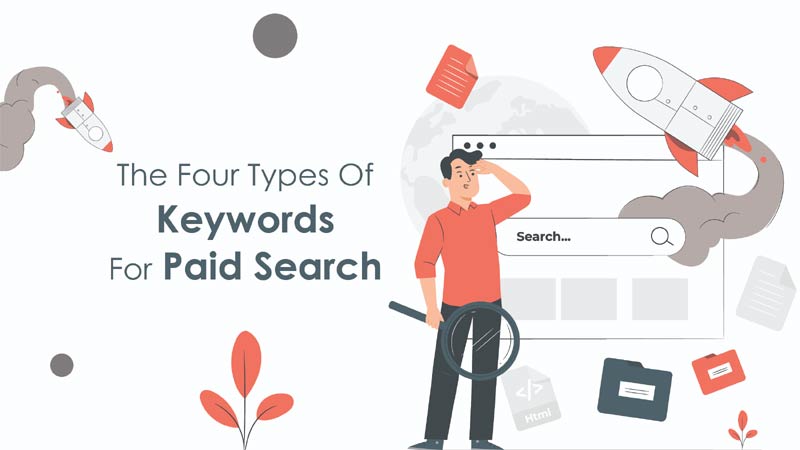As the world becomes more digital, many companies are using PPC (pay-per-click) marketing campaigns to reach their audience. This method allows businesses to select specific keywords and bids, which will trigger ads when people search for relevant content online. PPC marketing increases a business’ exposure and offers ways to deliver their message to consumers at the point of highest intent. If you want to grow your business and increase your income through SEO, ppc campaign management can help you reach your goals.
Tailoring PPC campaigns to fit your business is an important step in the process, and it can help you generate leads or sales at a low cost. Here are some tips to help you maximize your ROI on every ad campaign:
1. Create a cohesive marketing strategy
Before you start brainstorming strategies for your PPC campaign, make sure that you have a clear marketing strategy. What is the purpose of your company? What do you want your potential customers to think of when they visit your site? These answers will guide your PPC tactics and keep you on track.
2. Find competitive data
You can’t make informed decisions about where to spend money if you don’t know how well others are doing with their ad campaigns. Use competitive analysis tools like AdGooroo or SEMrush to find out what keywords other businesses in your niche are using and how successful they’ve been with their ad placements. You can even see which ads they’re using and how much they’re paying per click!
3. Choose the platform for your PPC campaign
So you’re ready to start running a new PPC campaign, but you’re not sure where to begin? At first glance, the sheer number of PPC platforms available might seem daunting. Google Ads are certainly among the most popular, but social networks like Facebook offer pay-per-click options for businesses as well.
Before you take the plunge on your next campaign, consider these five things:
- The platform’s reach and size
- How it fits into your overall marketing strategy
- How easy it is to use
- What the costs are
- Whether it aligns with your brand image
3. Consider Your Audience
When choosing high-volume keywords, as a part of ppc campaign management, you want to consider your target audience. If someone is searching for “red shoes,” they’re probably going to spend money on them. But if someone is searching for “toddler shoes,” chances are they’re just looking for information about shoes, not ready to purchase anything.
4. Determine your ad budget and bidding strategy
Now that you have a good idea of the keywords you want to target, next step in the pay per click campaign management is to figure out how much to bid on each keyword. To do this, you need to determine your ad budget. The amount of money you’re willing to spend per day will affect the number of impressions you can buy and the average cost-per-click (CPC) your ads will receive.
5. Know what you’re bidding on
It’s important to know exactly what keywords you’re bidding on before you start your campaign. If you don’t do your homework and research the keywords carefully, your ads will end up being shown for irrelevant searches, meaning you could potentially be paying a fortune for clicks that have nothing to do with what you’re offering.
6. Create a Unique Value Proposition
Creating a unique value proposition (UVP) for each of your products will help you drive conversions from PPC campaign. Your UVP should include three key elements: an emotional hook, features and benefits, and product exclusivity.
7. Optimize for Long Tail Keywords
Long tail keywords are highly targeted keywords that get fewer searches per month but have a much higher conversion rate than their broad match keyword counterparts. Use Google’s Keyword Planner to identify these long tail keywords for each of your products and start focusing on them from day one!
8. Use Negative Keywords in Ad Groups
Negative keywords are words or phrases that your ad will not be shown for. This helps prevent irrelevant and unwanted clicks on your ads.
For example, if we have an eCommerce site selling dog collars, we wouldn’t want our ads showing up on searches like “dog food.” Therefore, we would set negative keywords targeting these types of searches (i.e., “dog food” and “dog beds”).
You can also use negative keywords lists to avoid any undesirable search term permutations—new customers may type in variations such as “black dog collar” instead of just “black dog collar.”
9. Create Quality Landing Pages
Landing pages that are well designed, personalized, and relevant to user queries convert much better than generic homepages or product pages because they
10. Optimize your campaigns for mobile users
As we all know, mobile internet traffic is growing and growing. Mobile devices are being used to access the internet more and more frequently, with smartphone owners spending an average of 2 hours on their phones each day. The average tablet owner spends around 50 minutes on their device. This means that we need to be optimizing our PPC campaigns for mobile users if we want to stay competitive in the market and generate the highest ROI possible.
Tailor your AdWords ads to suit different devices
11. A/B Test Your Ad Copy
A/B testing is the practice of showing two different ads to two different groups of people and measuring how each group responds. The results will show which ad is more effective at generating conversions.
12. Track Results
PPC campaign gives you detailed information about what works and what doesn’t – so take advantage of it! Track the number of sales each ad generates and then compare that data against the number of impressions you got with each ad.
Concluding
Yes, improving your PPC campaigns can be tricky, but it doesn’t have to be. It’s important to remember that PPC campaigns take time and effort—there are no overnight success stories waiting for you if you put in the time and effort to reach your prospective customers. The more work you put in early on, the greater the potential payoff will be. And with a few simple tips, you can make real progress towards engaging more users and converting them into customers.
